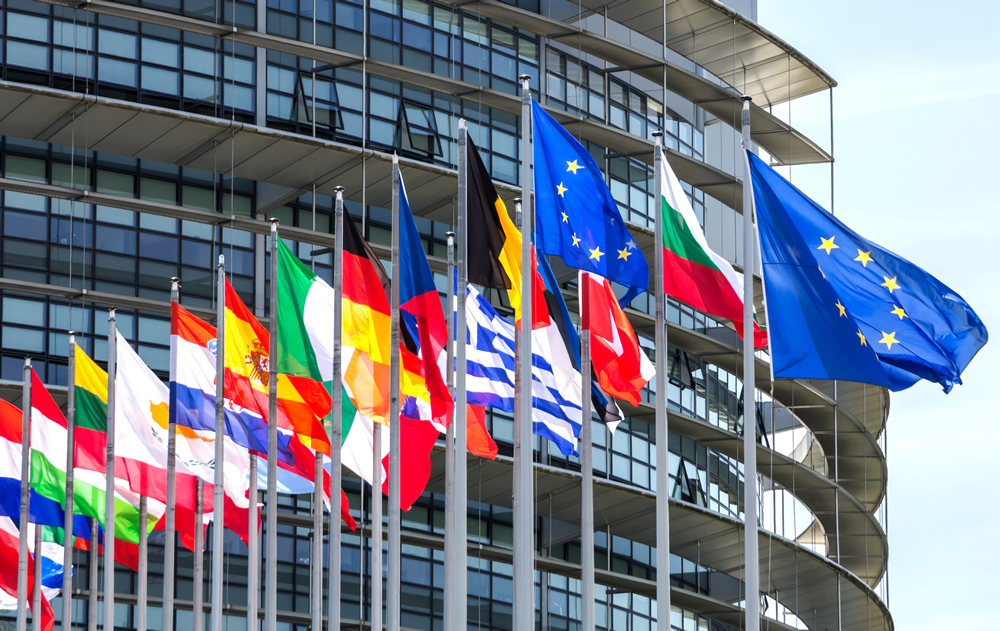Cultural differences create challenges and opportunities for regulators and companies
By: David Bland
European policy and decision-making are always cyclical. There are different cycles of policymaking, and we’re in different phases of policy proposals that affect the direct selling sector.
—Laure Alexandre, Executive Director, SELDIA
 On Jan. 7, 2020, the European Parliament and Council of the European Union entered into force a comprehensive legislative Directive. Often referred to as the Omnibus Directive as part of the “New Deal for Consumers,” Directive (EU) 2019/2161 was crafted to bolster consumer rights within today’s modern digital landscape.
On Jan. 7, 2020, the European Parliament and Council of the European Union entered into force a comprehensive legislative Directive. Often referred to as the Omnibus Directive as part of the “New Deal for Consumers,” Directive (EU) 2019/2161 was crafted to bolster consumer rights within today’s modern digital landscape.
This content is restricted to site members. If you are an existing user, please log in. New users may register below.


